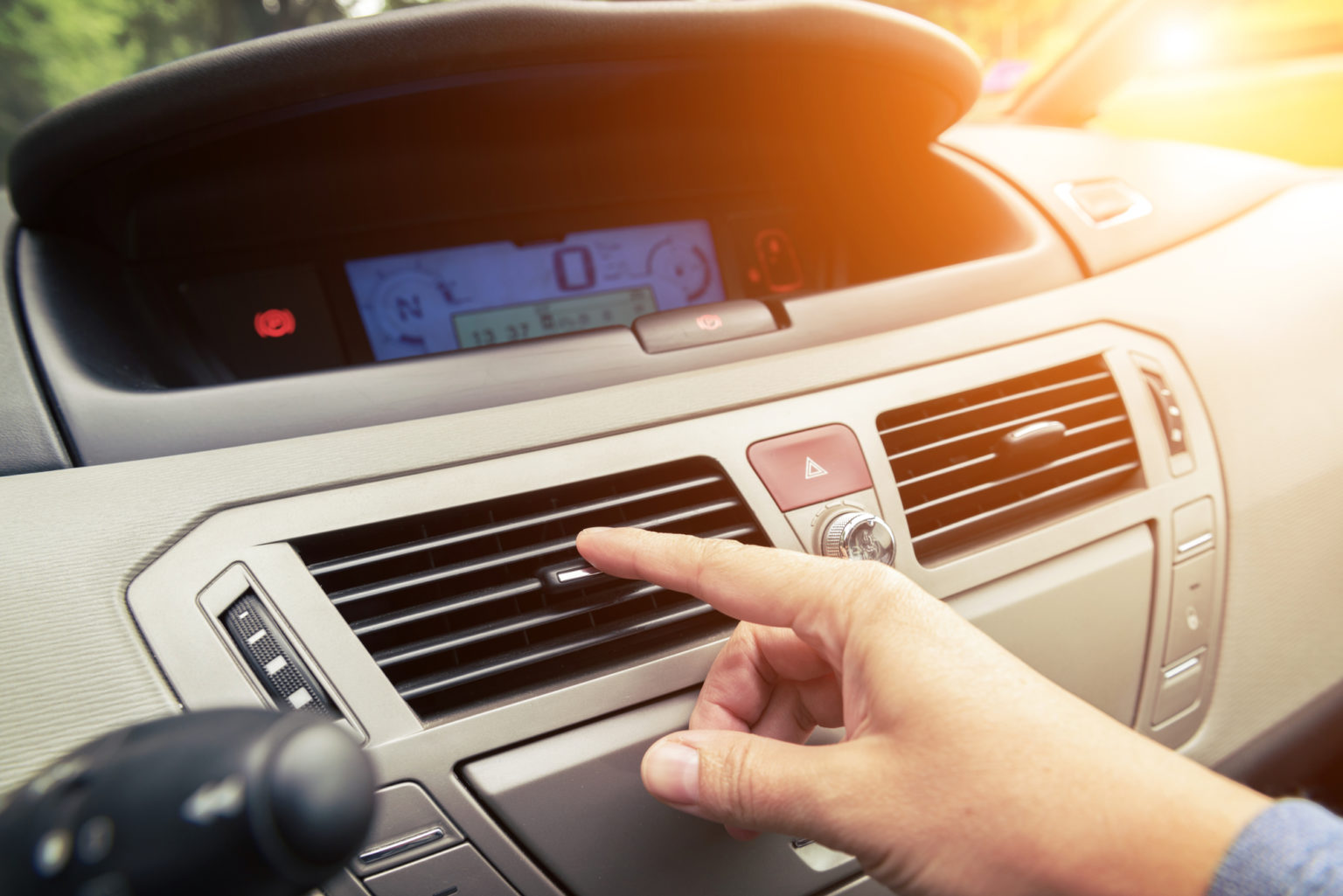

Articles
Car Making Noise When AC Is On
Modified: February 26, 2024
Having trouble with your car making noise when the AC is on? Read our informative articles to find solutions and expert tips to fix this issue!
(Many of the links in this article redirect to a specific reviewed product. Your purchase of these products through affiliate links helps to generate commission for Storables.com, at no extra cost. Learn more)
Introduction
Having a car that provides cool and comfortable air conditioning is a blessing, especially during hot summer days. However, it can be quite frustrating when you notice that your car is making unusual noises when the AC is turned on. These noises can range from squeaks and rattles to grinding and buzzing sounds, and they can be an indication of underlying issues with your vehicle’s AC system.
Understanding the potential causes of these noises can help you identify and address the problem in a timely manner, preventing further damage and expensive repairs down the line. In this article, we will explore the common causes of car noise when the AC is on and discuss the steps you can take to diagnose and resolve the issue.
It is important to note that car noises can vary depending on the make and model of your vehicle. It is always recommended to consult your car’s owner manual or seek professional assistance if you are unsure about any specific noises or concerns.
Key Takeaways:
- Don’t ignore unusual car AC noises! Addressing issues like a loose serpentine belt, worn compressor clutch, or clogged cabin air filter promptly can prevent further damage and ensure a comfortable driving experience.
- Regular maintenance is key! Keeping AC components like hoses, condenser, and expansion valve in good condition can prevent noise issues and ensure optimal cooling performance. Address any concerns promptly to enjoy a quiet and comfortable ride.
Read more: Car AC Makes Hissing Noise When Turned On
Common Causes of Car Noise When AC Is On
When you hear unusual noises coming from your car’s AC system, it may indicate an underlying problem that requires attention. Here are some common causes of car noise when the AC is turned on:
- Loose or Damaged Serpentine Belt: The serpentine belt is responsible for powering various components of your vehicle, including the AC compressor. If the belt is loose or damaged, it can cause squeaking or squealing noises when the AC is turned on. Inspecting and replacing the belt if necessary can help resolve this issue.
- Worn Out Compressor Clutch: The compressor clutch engages and disengages the AC compressor. Over time, the clutch can wear out and start making grinding or rattling noises. Replacing the compressor clutch can eliminate these noises and ensure proper functioning of the AC system.
- Clogged or Dirty Cabin Air Filter: A dirty or clogged cabin air filter can restrict air flow and put strain on the blower motor. This can result in unusual noises such as buzzing or whistling sounds. Replacing the cabin air filter regularly can prevent these noises and improve air quality inside the vehicle.
- Faulty AC Compressor: If the AC compressor is malfunctioning, it can produce various noises such as clicking, clunking, or grinding sounds. A faulty compressor may require repair or replacement to restore proper cooling and eliminate the noises.
- Low Refrigerant Levels: Insufficient refrigerant levels can cause the AC system to work harder, leading to a strain on its components. This can result in hissing or gurgling noises. Recharging the refrigerant or fixing any leaks can address this issue.
- Loose or Damaged AC Hoses: Loose or damaged AC hoses can create whistling or hissing noises. Checking and tightening any loose connections or replacing damaged hoses can resolve this issue.
- Blower Motor Issues: A malfunctioning blower motor can produce rattling or squeaking noises. This can be caused by worn-out bearings or a dirty fan. Replacing the blower motor or cleaning the fan assembly can fix this problem.
- Problems with AC Condenser: A damaged or clogged AC condenser can result in buzzing or rattling sounds. Cleaning or repairing the condenser can help eliminate these noises and improve the efficiency of the AC system.
- Issues with AC Expansion Valve: A faulty AC expansion valve can cause hissing or bubbling noises. Replacing the expansion valve can address this issue and restore proper AC function.
- Faulty AC Fan: A malfunctioning AC fan can generate grinding or humming noises. Replacing the fan motor or repairing any damaged fan blades can resolve this issue and ensure proper cooling.
It is important to address any unusual noises coming from your car’s AC system promptly. Ignoring these noises can lead to further damage and more expensive repairs. If you are unsure about the cause or unable to resolve the issue yourself, it is recommended to seek the assistance of a qualified mechanic.
Loose or Damaged Serpentine Belt
A loose or damaged serpentine belt can be a common cause of noise when the AC is turned on in your car. The serpentine belt plays a crucial role in powering various components of your vehicle, including the AC compressor. If the belt is loose or worn out, it may slip or make squeaking, squealing, or chirping noises.
You may notice these noises when you start your car or when you turn on the AC. The belt can become loose due to natural wear and tear over time or when the tensioner is not properly adjusted. Additionally, exposure to extreme temperatures and moisture can contribute to the deterioration of the belt.
To diagnose if a loose or damaged serpentine belt is the cause of the noise, you can visually inspect the belt for any signs of wear, cracks, or fraying. If the belt looks damaged, it should be replaced to eliminate the noise and ensure the proper functioning of the AC system.
If the serpentine belt appears to be in good condition, you can check the tension of the belt. The belt should have the right amount of tension to prevent slipping. To do this, you can use a belt tension gauge or consult your car’s owner manual for the recommended tension range. If the belt is too loose, you can adjust the tensioner to tighten it.
It is important to note that adjusting the tensioner or replacing the serpentine belt can require specialized tools and knowledge. If you are unsure about performing these tasks yourself, it is recommended to seek the assistance of a professional mechanic.
Regular maintenance and inspections of the serpentine belt can help prevent issues such as belt slippage and noise. It is recommended to have the belt inspected and replaced as per the manufacturer’s recommendations, usually every 60,000 to 100,000 miles or as needed.
By addressing a loose or damaged serpentine belt promptly, you can ensure the smooth operation of your car’s AC system, reduce noise, and prevent further damage to other components.
Worn Out Compressor Clutch
If you are experiencing noise when the AC is turned on in your car, a common culprit could be a worn-out compressor clutch. The compressor clutch is responsible for engaging and disengaging the AC compressor, which pressurizes the refrigerant and delivers cool air into the cabin.
Over time, the compressor clutch can wear out due to constant use and exposure to heat and friction. This can lead to grinding, rattling, or squeaking noises when the AC is activated. You may hear these noises during initial startup or while the AC is running.
One way to diagnose a worn-out compressor clutch is by visually inspecting it. Look for any signs of damage, such as broken or bent components, excessive wear, or missing parts. If the clutch appears to be worn or damaged, it will likely need to be replaced to eliminate the noise and ensure the proper functioning of the AC system.
Replacing the compressor clutch is a complex task that requires specialized tools and expertise. It is recommended to have this repair performed by a qualified mechanic or technician who has experience working with AC systems.
To prevent premature wear and prolong the life of your compressor clutch, it is important to regularly maintain your AC system. This includes keeping the AC system clean, checking refrigerant levels, and ensuring that the system is properly lubricated. Additionally, avoiding excessive strain on the compressor by not running the AC system on high settings for extended periods can also help prevent damage to the clutch.
If you suspect a worn-out compressor clutch, it is best to address the issue as soon as possible. Ignoring the noise or delaying repairs can result in further damage to the AC system and potentially lead to more expensive repairs down the line.
Remember, proper maintenance and regular inspections are key to keeping your car’s AC system in optimal condition, ensuring a comfortable and noise-free driving experience.
Clogged or Dirty Cabin Air Filter
When your car’s AC system is making noise, a potential cause to consider is a clogged or dirty cabin air filter. The cabin air filter is responsible for filtering the air that enters the cabin, removing dust, debris, and contaminants.
Over time, the cabin air filter can become clogged with dirt, dust, pollen, and other particles. This can restrict airflow and put strain on the blower motor, leading to unusual noises when the AC is turned on. You may hear buzzing, whistling, or wheezing sounds coming from the AC vents.
To determine if a clogged or dirty cabin air filter is the source of the noise, you can visually inspect the filter. The location of the cabin air filter varies depending on the make and model of your car, but it is typically located behind the glove compartment or under the hood near the windshield. Refer to your car’s owner manual for specific instructions on how to access and inspect the cabin air filter.
If the filter is covered in dirt or debris, it is a clear indication that it needs to be replaced. Most cabin air filters are inexpensive and can be easily replaced by following the instructions provided in your car’s manual or by seeking the assistance of a professional.
Regularly replacing the cabin air filter, typically every 12,000 to 15,000 miles or as recommended by the manufacturer, can help prevent clogs and improve the air quality inside the vehicle. This not only reduces noise but also ensures that you and your passengers are breathing clean and fresh air.
In addition to reducing noise, a clean cabin air filter enhances the efficiency of the AC system, allowing it to cool the cabin more effectively. It also helps prevent the accumulation of dirt and debris on the evaporator coil, which can lead to decreased cooling performance and potential damage to the AC system.
By keeping your cabin air filter clean and replacing it as recommended, you can improve the airflow, reduce noise, and maintain a comfortable and healthy environment inside your car.
Read more: AC Making Noise When Turned On
Faulty AC Compressor
If your car’s AC system is making noise, a potential culprit could be a faulty AC compressor. The AC compressor plays a crucial role in pressurizing the refrigerant and circulating it through the AC system, allowing it to produce cool air.
A faulty AC compressor can manifest in various ways, including clicking, clunking, or grinding noises when the AC is activated. These noises may occur intermittently or persistently, and they can be indicative of internal problems within the compressor.
There are several potential causes of a faulty AC compressor. One common issue is a worn-out or damaged compressor clutch. Over time, the clutch can wear down, causing it to slip or produce unusual noises. In this case, replacing the compressor clutch may resolve the issue.
Another possible cause of a faulty compressor is internal mechanical failures, such as damaged pistons or valves. These can result from issues like insufficient lubrication, excessive heat, or contamination within the AC system. If the compressor has internal damage, it will likely require replacement to restore proper AC function and eliminate the noise.
Diagnosing a faulty AC compressor typically requires the expertise of a professional mechanic. They will conduct a thorough inspection of the compressor and perform tests to determine the extent of the damage and the best course of action.
It’s important to address a faulty AC compressor promptly, as ignoring the issue can lead to further damage to the AC system and potentially cause other components to fail. Additionally, a faulty compressor can negatively impact the cooling performance of the AC system, resulting in less effective cooling or no cooling at all.
Maintaining your AC system through regular inspections, servicing, and addressing any issues promptly can help prevent compressor failures. This includes checking refrigerant levels, ensuring proper lubrication, and keeping the AC system clean and free from debris.
If you suspect a faulty AC compressor, it is advisable to consult a qualified mechanic. They can accurately diagnose the problem, provide the necessary repairs or replacement, and ensure that your car’s AC system is functioning optimally and free from noise.
Low Refrigerant Levels
One of the common causes of noise when the AC is turned on in your car is low refrigerant levels. The refrigerant is a vital component of the AC system, as it absorbs heat from the cabin and cools the air before it is circulated back into the car.
Low refrigerant levels can occur due to leaks in the system, which can lead to a decrease in cooling performance and the production of unusual noises. Common noises associated with low refrigerant include hissing or gurgling sounds, which may be more pronounced when the AC is first activated.
Identifying low refrigerant levels requires a professional inspection, as specialized tools are needed to measure the refrigerant pressure. A certified technician will be able to determine if the refrigerant levels are suboptimal and locate any potential leaks in the system.
If a refrigerant leak is detected, it is important to have it repaired as soon as possible. The leak can not only result in noise from the AC system, but it can also cause the compressor to work harder, potentially leading to further damage. Additionally, refrigerant leaks can have negative environmental impacts and are regulated by environmental protection agencies.
To address low refrigerant levels, the technician will first identify and repair the leaks in the system. Once the leaks are sealed, the refrigerant can be recharged to the appropriate levels. It is crucial to use the manufacturer-recommended refrigerant and follow proper procedures to ensure the safe and efficient operation of the AC system.
Regular maintenance of your vehicle’s AC system, including checking refrigerant levels, can help prevent issues with low refrigerant. Additionally, addressing any signs of refrigerant leaks, such as decreased cooling performance or noise, promptly can save you from more extensive repairs and ensure the longevity of your AC system.
Remember, low refrigerant levels not only contribute to noise in the AC system but also affect its overall performance. If you suspect low refrigerant levels, it is best to consult with a professional technician who has the expertise and tools to diagnose and address the issue properly.
Check the serpentine belt for wear and tension. A worn or loose belt can cause noise when the AC is on. If the belt looks worn or loose, it may need to be replaced or adjusted.
Loose or Damaged AC Hoses
When your car’s AC system is making noise, one possible cause to consider is loose or damaged AC hoses. The AC hoses play a crucial role in carrying refrigerant between various components of the AC system, such as the compressor, condenser, evaporator, and expansion valve.
Over time, AC hoses can become loose or develop cracks or leaks due to exposure to heat, pressure, vibrations, and other factors. These issues can lead to unusual noises when the AC is turned on, such as whistling, hissing, or high-pitched sounds.
To determine if loose or damaged AC hoses are the source of the noise, you can visually inspect the hoses for any signs of wear, cracks, or leaks. Look for any visible damage or noticeable gaps between the hoses and their connections. If you find any issues, such as loose or damaged hoses, they will need to be repaired or replaced.
Repairing or replacing AC hoses requires expertise and the right tools to ensure proper installation and prevent refrigerant leaks. It is recommended to have this task performed by a qualified mechanic who has experience working with AC systems.
Maintaining proper AC hose connections is essential for the efficient and noise-free operation of the AC system. Regularly checking the hoses for any signs of damage or wear can help identify issues early on and prevent further damage to the system.
In addition, keeping the AC system clean and ensuring adequate lubrication can help reduce the strain on the hoses and minimize the chances of them becoming loose or damaged. It’s also important to address any other underlying issues, such as belt tension or refrigerant leaks, as these can contribute to hose problems.
By addressing loose or damaged AC hoses promptly, you can prevent refrigerant leaks, improve the performance of your AC system, and eliminate noise. Regular maintenance and inspections will ensure that your AC hoses are in good condition, providing efficient cooling for a comfortable ride.
Blower Motor Issues
If your car’s AC system is making noise, it’s important to consider the condition of the blower motor. The blower motor is responsible for circulating air through the AC system and into the cabin, providing cool and comfortable airflow.
There are several issues with the blower motor that can cause noise when the AC is turned on. One common problem is worn-out bearings. Over time, the bearings in the blower motor can deteriorate, causing rattling, squeaking, or squealing noises. These noises may become more pronounced as the speed of the blower motor increases.
Another issue that can result in noise from the blower motor is a dirty or clogged fan. Dust, debris, and dirt can accumulate on the fan blades, causing them to become unbalanced and create uncharacteristic noises, such as rattling or scraping sounds. Cleaning or replacing the fan assembly can eliminate these noises.
A malfunctioning blower motor resistor or faulty wiring can also contribute to noise issues. If the blower motor resistor is not functioning properly, it can cause the motor to operate at inconsistent speeds, resulting in erratic noises. Additionally, damaged or loose wiring connections can lead to buzzing or humming noises.
To diagnose blower motor issues, it is recommended to have a professional mechanic inspect the motor and its components. They will be able to determine if the motor or any related parts need repair or replacement.
Regular maintenance of the blower motor is important to prevent noise and ensure its optimal performance. This includes keeping the motor and fan assembly clean, replacing worn-out bearings, and checking the blower motor resistor and wiring connections for any signs of damage or wear.
If you notice noise coming from the blower motor, it is best to have the issue addressed promptly. Ignoring the noise can lead to further damage to the motor and potentially result in a complete failure of the AC system.
A well-maintained and properly functioning blower motor will not only reduce noise but also ensure effective airflow and a comfortable driving experience for you and your passengers.
Read more: Car Makes Noise When Air Conditioner Is On
Problems with AC Condenser
When your car’s AC system is making noise, it’s important to consider the condition of the AC condenser. The AC condenser is responsible for releasing heat from the refrigerant, allowing it to cool down and produce cold air.
There are several issues with the AC condenser that can contribute to noise when the AC is turned on. One common problem is damage to the condenser fins. The condenser fins can become bent or misaligned due to road debris, collisions, or general wear and tear. These damaged fins can disrupt the airflow, resulting in buzzing, rattling, or vibrating noises.
Another issue that can cause noise from the AC condenser is clogging or blockages. Dust, dirt, leaves, and other debris can accumulate on the condenser, obstructing the airflow and causing hissing or whistling sounds. Cleaning or clearing any blockages from the condenser can help eliminate these noises and improve efficiency.
Refrigerant leaks can also contribute to noise issues with the AC condenser. If there is a leak in the condenser, refrigerant can escape, leading to decreased cooling performance and potential noise, such as bubbling or gurgling sounds. Repairing the leak and recharging the refrigerant can resolve this issue.
Diagnosing problems with the AC condenser usually requires the expertise of a professional mechanic. They will inspect the condenser for any visible damage, check for blockages or clogs, and conduct pressure tests to identify any refrigerant leaks.
Maintaining the AC condenser is important to prevent noise and ensure its optimal function. Regularly cleaning the condenser to remove any debris, ensuring proper airflow, and promptly addressing any damage or leaks can help prevent noise issues and maintain the efficiency of the AC system.
If you suspect any problems with the AC condenser, it is best to have it checked and repaired by a qualified technician. They will be able to provide the necessary repairs or replacement to eliminate noise and ensure your AC system is functioning optimally.
Addressing issues with the AC condenser promptly can prevent further damage to the system and help you enjoy a quiet and comfortable driving experience.
Issues with AC Expansion ValveIf your car’s AC system is making noise, it’s important to consider the condition of the AC expansion valve. The AC expansion valve plays a crucial role in regulating the flow of refrigerant into the evaporator coil, where it undergoes a phase change to produce cold air.
There are several issues with the AC expansion valve that can contribute to noise when the AC is turned on. One common problem is a faulty or malfunctioning valve. If the expansion valve is not functioning correctly, it can cause hissing, whistling, or bubbling noises. These noises may be more pronounced when the AC is first activated or when the valve is undergoing rapid changes in pressure.
Another issue that can cause noise from the expansion valve is clogging or blockages. Over time, debris, moisture, or contaminants can accumulate in the valve, obstructing the flow of refrigerant and leading to unusual noises. Clearing any blockages or replacing a clogged expansion valve can help eliminate these noises and restore proper AC function.
Diagnosing issues with the AC expansion valve typically requires the expertise of a professional mechanic. They will inspect the valve for any visible damage, check for blockages, and conduct tests to evaluate its performance and efficiency.
Regular maintenance of the AC system, including proper cleaning and ensuring adequate refrigerant levels, can help prevent issues with the expansion valve. Additionally, addressing any signs of refrigerant leaks or contamination promptly can help preserve the integrity of the expansion valve and prevent noise issues.
If you suspect any issues with the AC expansion valve, it is best to have it inspected and repaired by a qualified technician. They will be able to accurately diagnose the problem and provide the necessary repairs or replacement to eliminate noise and restore proper AC operation.
By addressing issues with the AC expansion valve promptly, you can ensure the efficient and noise-free operation of your car’s AC system, providing a comfortable driving experience in any weather conditions.
Faulty AC Fan
If you notice noise coming from your car’s AC system when it is turned on, a potential cause could be a faulty AC fan. The AC fan is responsible for circulating air through the evaporator coil and condenser to facilitate cooling.
There are a few issues with the AC fan that can lead to noise problems. One common problem is a malfunctioning fan motor. Over time, the motor can wear out, leading to grinding, humming, or whirring noises when the AC is activated. These noises may become louder as the fan speed increases.
Another issue that can cause noise is damage to the fan blades. If the blades become bent, cracked, or misaligned, they can create rattling or scraping noises as they rotate. This can happen due to debris entering the fan assembly or as a result of wear and tear.
To diagnose a faulty AC fan, it may be necessary to visually inspect the fan assembly and motor. Look for any visible damage or signs of wear on the fan blades, and check for any loose or disconnected wiring connections. If any issues are detected, the fan assembly or motor may need to be repaired or replaced.
Addressing a faulty AC fan typically requires the expertise of a professional mechanic. They will have the knowledge and tools to properly diagnose the issue and recommend the necessary repairs or replacement parts.
Maintaining the AC fan is important to prevent noise problems and ensure optimal cooling performance. Regularly cleaning the fan assembly to remove any debris or buildup, and ensuring that the fan blades are in good condition can help prevent noise and maintain efficient airflow.
If you suspect a faulty AC fan, it is recommended to have it inspected and repaired as soon as possible. Ignoring the issue can lead to further damage to the fan assembly or other components of the AC system.
By addressing a faulty AC fan promptly, you can restore the quiet and efficient operation of your car’s AC system, ensuring a comfortable driving experience in any weather conditions.
Conclusion
Noises coming from your car’s AC system can be a cause for concern, but understanding the common causes can help you diagnose and resolve the issues. In this article, we have explored the potential reasons for car noise when the AC is turned on.
We discussed various factors that can contribute to the noise, such as a loose or damaged serpentine belt, worn-out compressor clutch, clogged or dirty cabin air filter, faulty AC compressor, low refrigerant levels, loose or damaged AC hoses, blower motor issues, problems with the AC condenser, issues with the AC expansion valve, and a faulty AC fan.
Regular maintenance of your car’s AC system is key to preventing noise and ensuring its optimal performance. This includes checking and replacing components as needed, cleaning filters and the condenser, addressing refrigerant leaks and low levels, and maintaining proper lubrication.
If you experience noise from your car’s AC system and are unable to identify or resolve the issue yourself, it is recommended to seek assistance from a qualified mechanic. They will have the expertise and knowledge to diagnose the problem accurately and provide the necessary repairs or replacements to restore optimal AC function.
Remember, addressing noise issues promptly can prevent further damage to the AC system and help maintain a comfortable and enjoyable driving experience in any weather conditions.
By staying proactive and attentive to your car’s AC system, you can ensure that your drives are noise-free and that you stay cool and comfortable throughout your journeys.
Frequently Asked Questions about Car Making Noise When AC Is On
Was this page helpful?
At Storables.com, we guarantee accurate and reliable information. Our content, validated by Expert Board Contributors, is crafted following stringent Editorial Policies. We're committed to providing you with well-researched, expert-backed insights for all your informational needs.
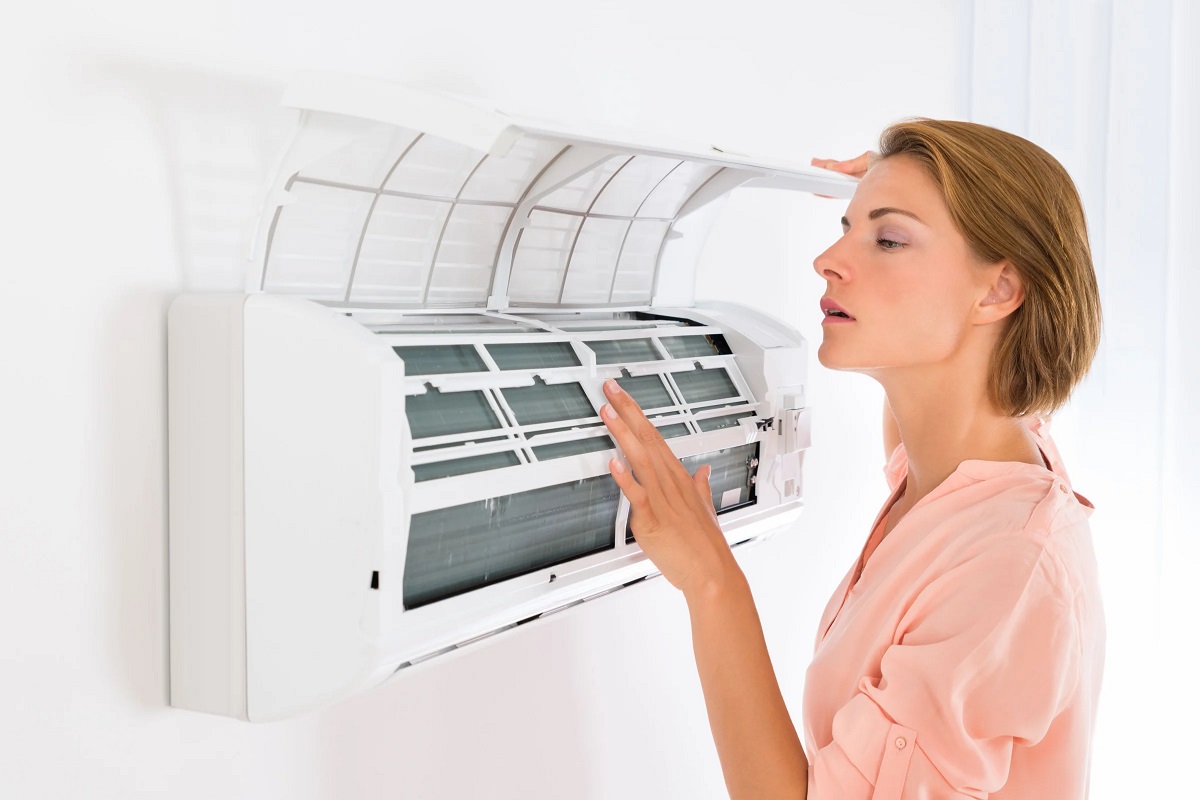
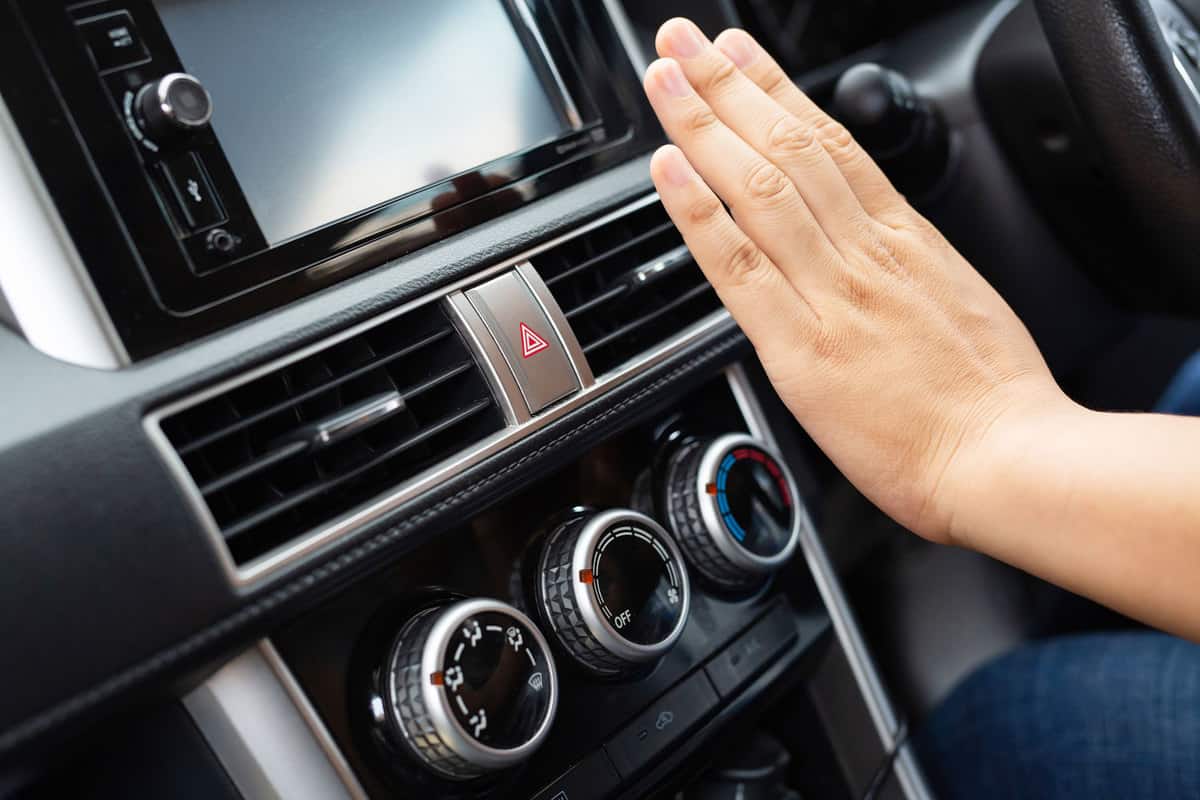


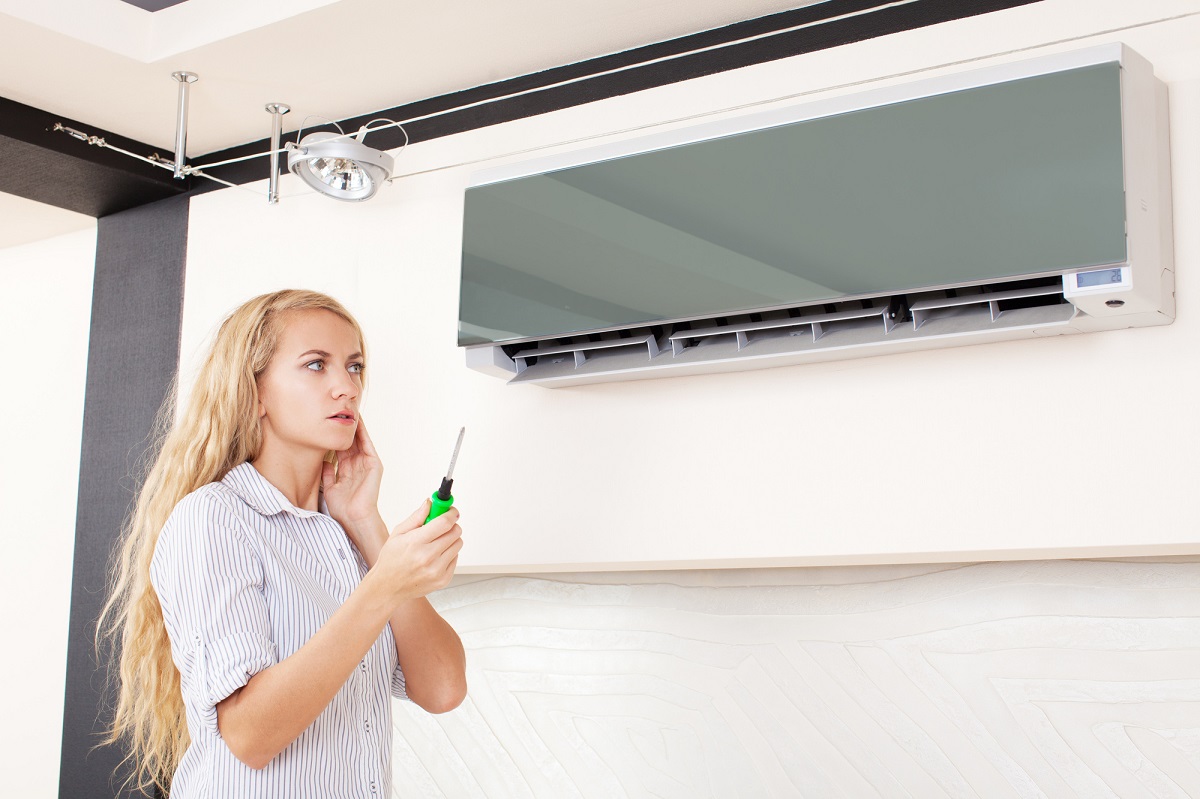
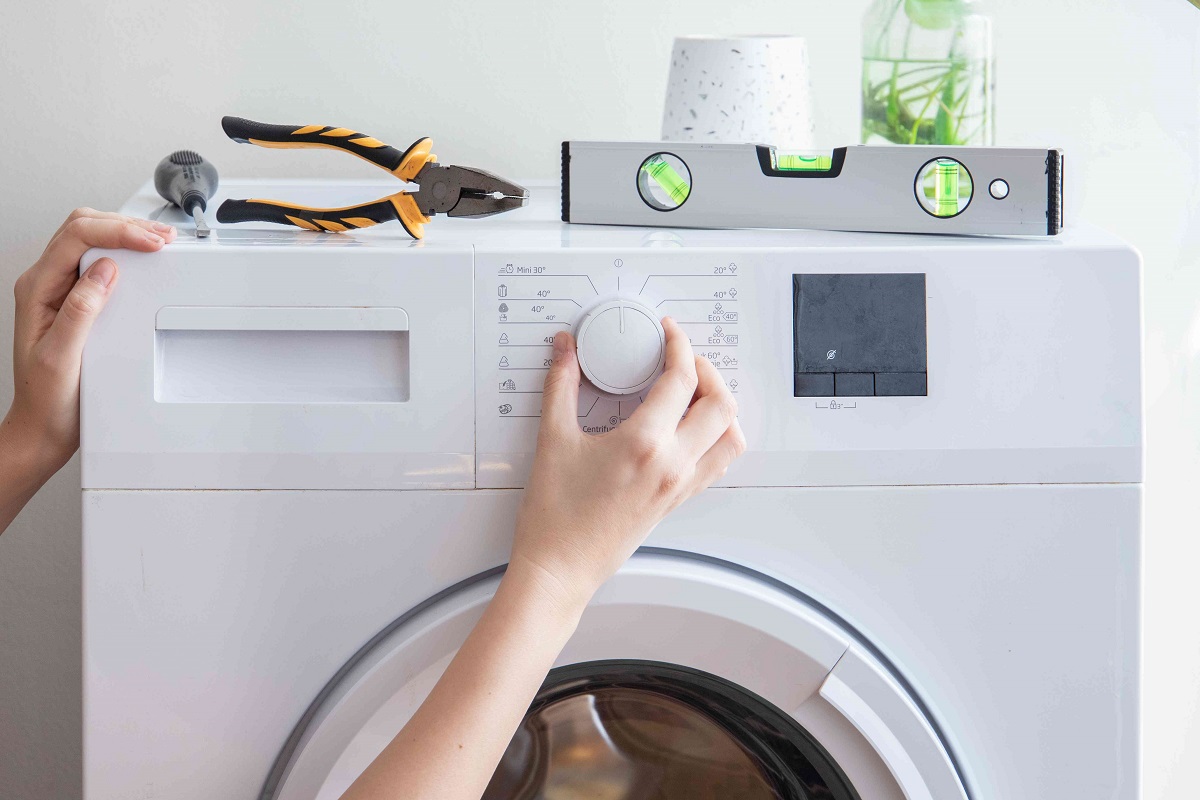
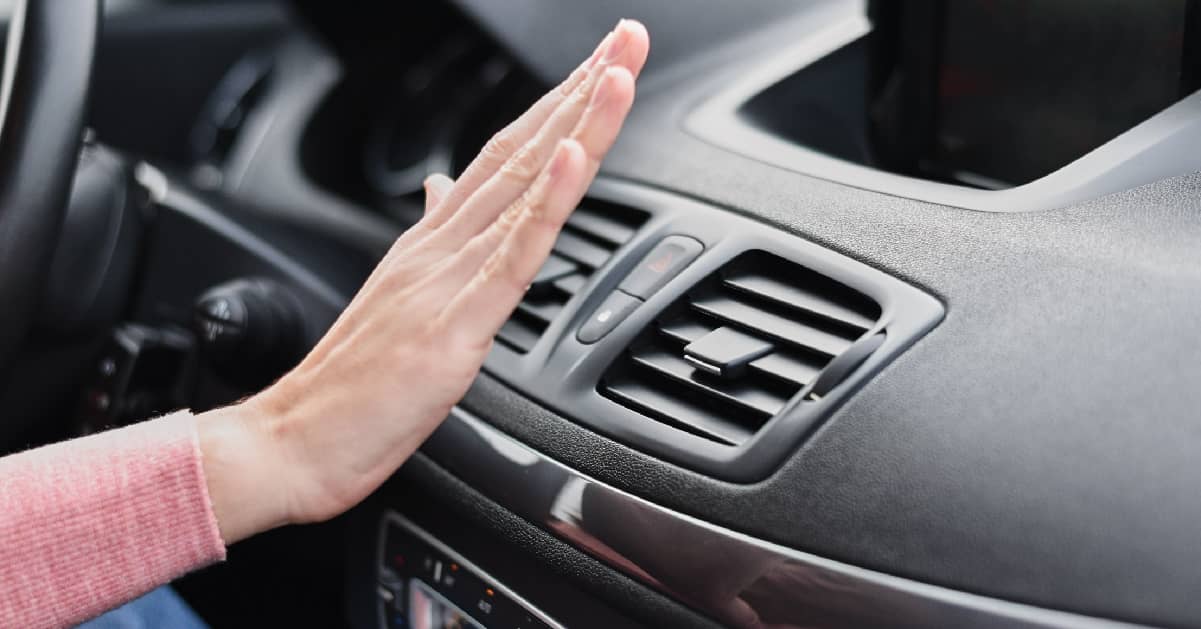
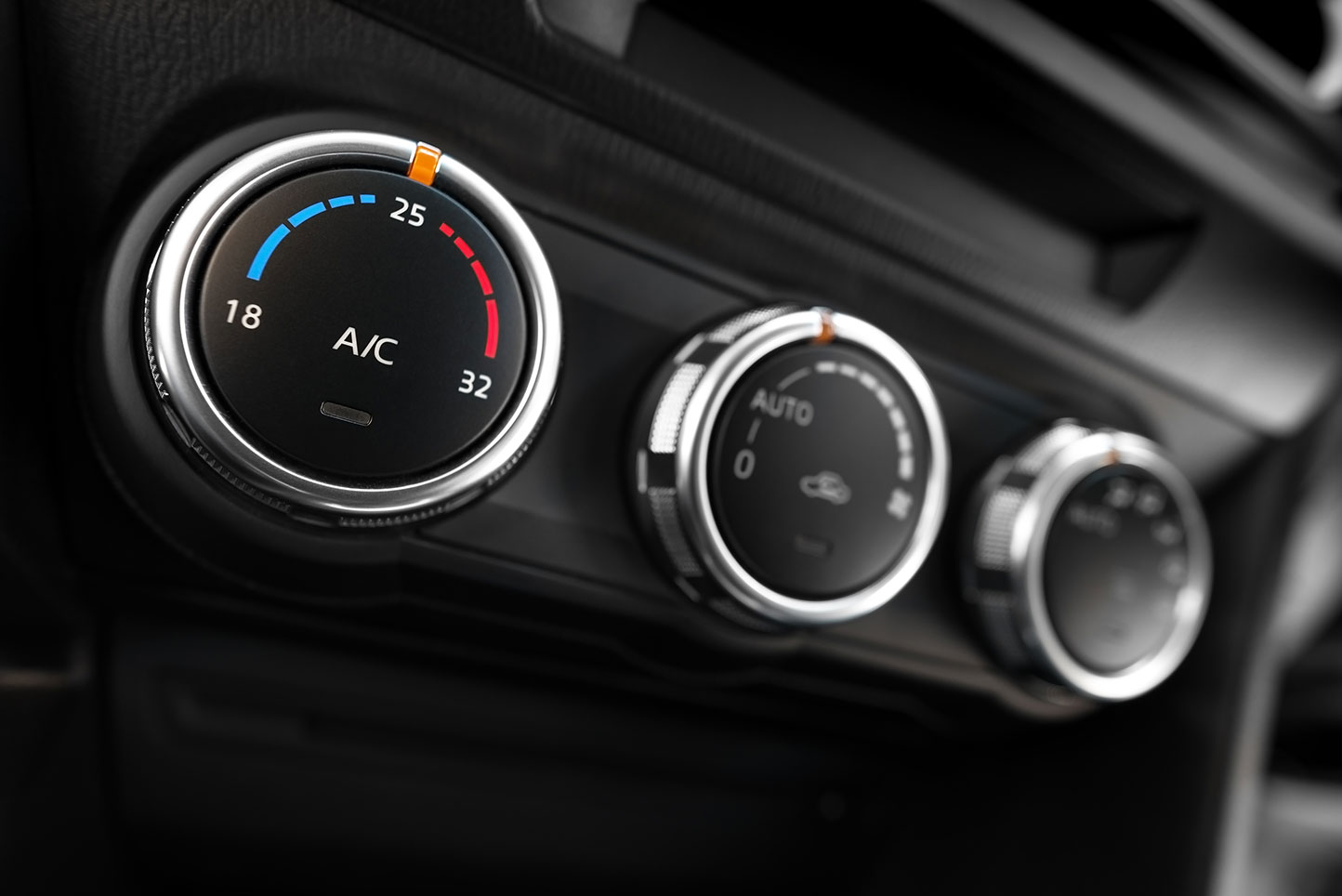

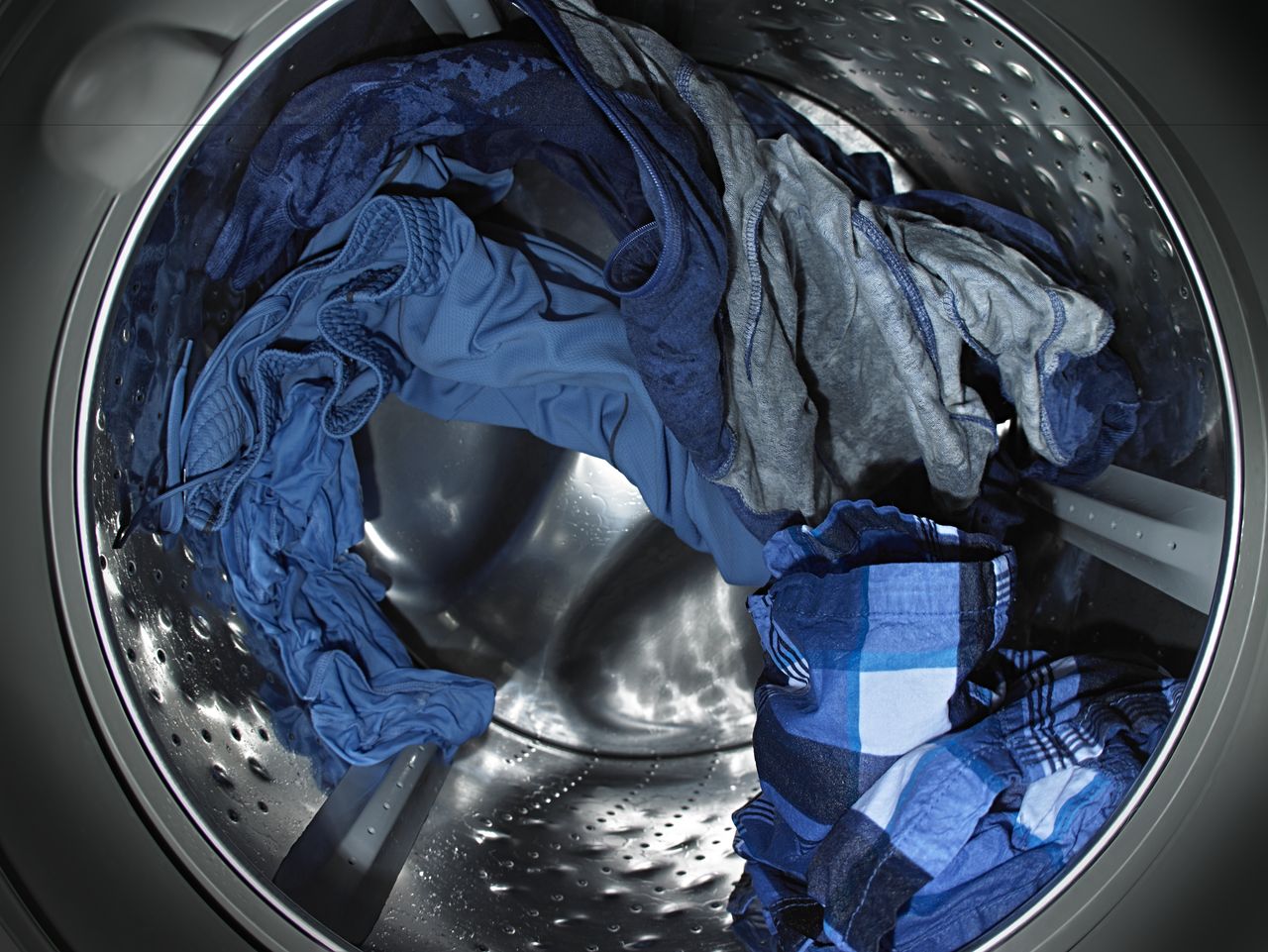

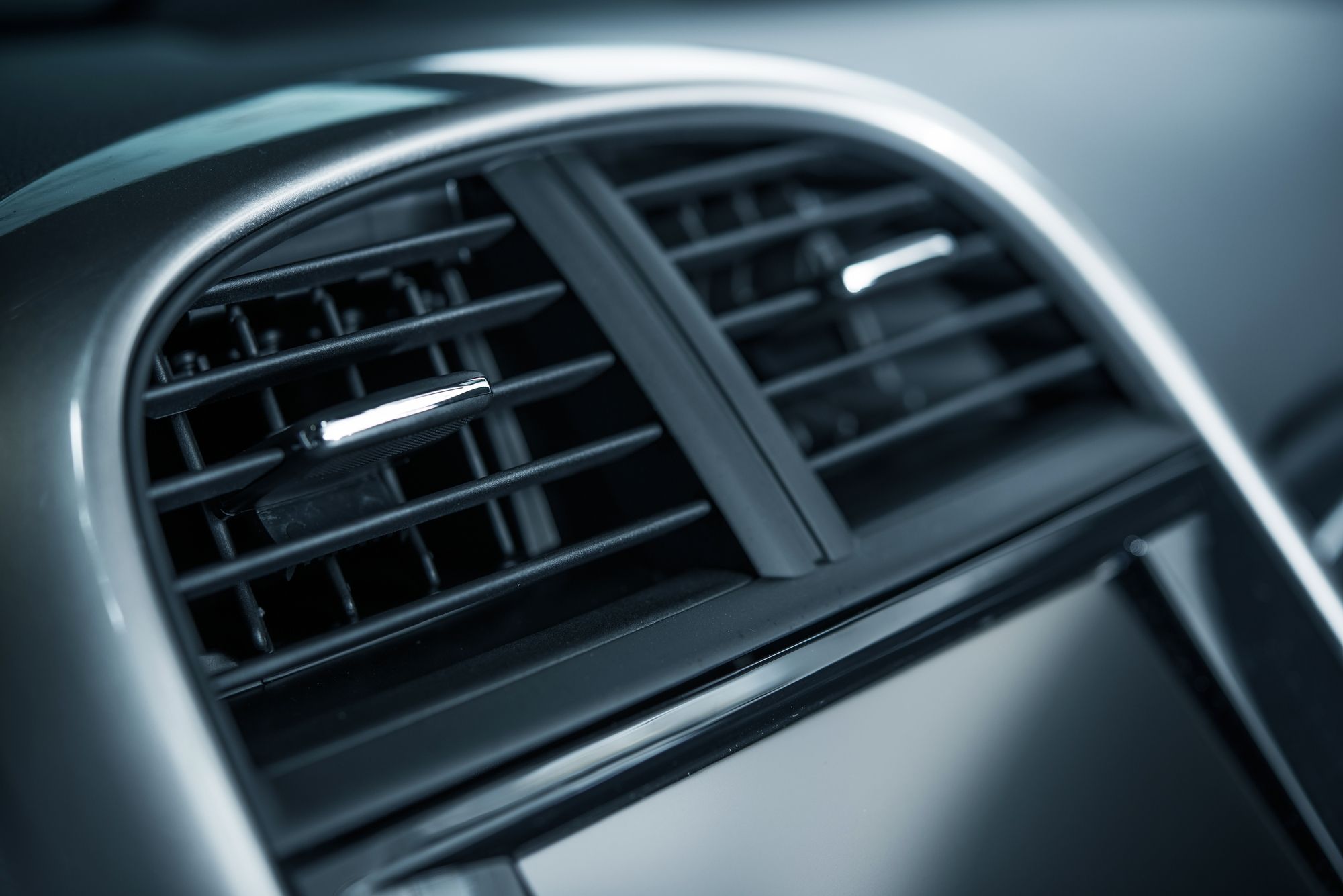


0 thoughts on “Car Making Noise When AC Is On”